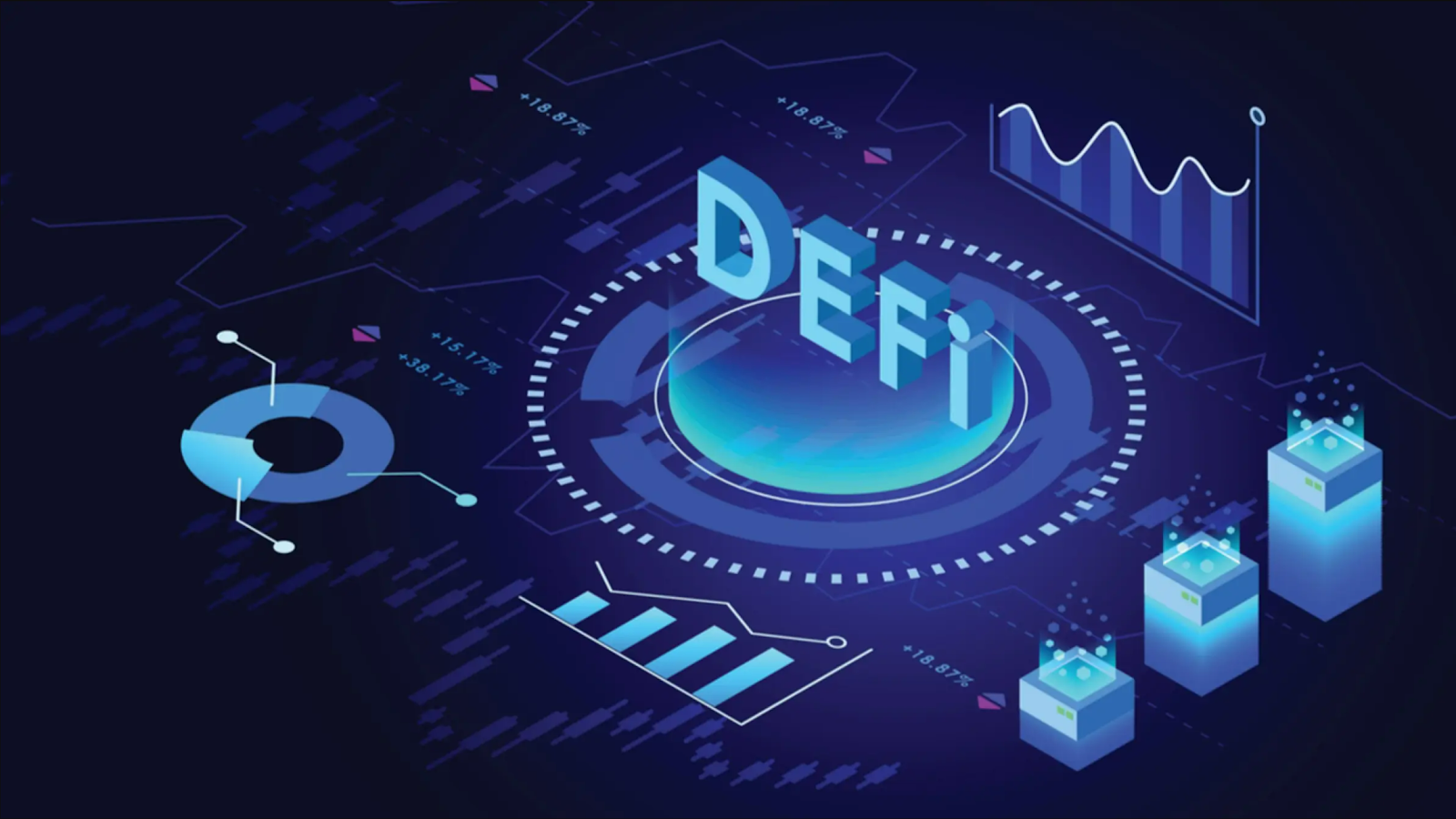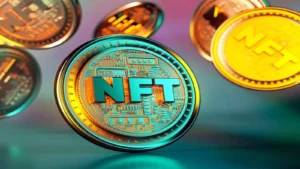Decentralized Finance, or DeFi, is a revolutionary movement that aims to transform the traditional financial landscape by leveraging blockchain technology. Unlike conventional financial systems, which rely on centralized institutions like banks and brokers, DeFi operates on a decentralized framework that empowers individuals to have greater control over their assets and transactions.
What is Decentralized Finance?
DeFi encompasses a wide range of financial services that are accessible to anyone with an internet connection. These services include lending, borrowing, trading, and earning interest on cryptocurrencies, all facilitated through smart contracts—self-executing contracts with the terms of the agreement directly written into code.
Key Components of DeFi
1. Smart Contracts: These are the backbone of DeFi, automating processes without intermediaries. They ensure trust and transparency, as all transactions are recorded on the blockchain.
2. Decentralized Applications (dApps): Built on blockchain platforms like Ethereum, dApps offer user-friendly interfaces for engaging with DeFi services, enabling activities such as trading and yield farming.
3. Liquidity Pools: These are collections of funds locked in smart contracts, providing liquidity for decentralized exchanges. Users contribute their assets in exchange for rewards, typically in the form of transaction fees or tokens.
4. Stablecoins: Pegged to traditional currencies or commodities, stablecoins play a crucial role in DeFi, providing stability in a highly volatile cryptocurrency market. They facilitate transactions and serve as a medium of exchange.Benefits of DeFi
- Accessibility
DeFi platforms are open to anyone, regardless of location or financial status. This inclusivity allows unbanked populations to participate in the global economy.
- Transparency
Every transaction on the blockchain is public and immutable, ensuring a high level of transparency. Users can audit smart contracts and verify the integrity of the system.
- Lower Costs
By eliminating intermediaries, DeFi reduces transaction fees and operational costs, making financial services more affordable.
- Greater Control
Users retain custody of their assets, reducing the risk associated with centralized platforms that can be subject to hacks and mismanagement.
Challenges Facing DeFi
Despite its potential, DeFi is not without challenges:
1. Regulatory Uncertainty: Governments worldwide are grappling with how to regulate DeFi, which could impact its growth and innovation.
2. Security Risks: While blockchain technology is secure, vulnerabilities in smart contracts can be exploited, leading to significant financial losses.
3. User Experience: The complexity of DeFi platforms can be intimidating for newcomers, hindering widespread adoption.
4. Market Volatility: The cryptocurrency market’s inherent volatility poses risks for users engaged in lending and borrowing.The Future of DeFi
As the DeFi ecosystem continues to evolve, several trends are emerging:
• Interoperability: Solutions enabling different blockchains to communicate will enhance the DeFi experience, allowing users to seamlessly transfer assets across platforms.
• Insurance and Risk Management: DeFi insurance protocols are being developed to protect users against potential losses from hacks or bugs in smart contracts.
• Institutional Adoption: As regulatory frameworks become clearer, more institutional players may enter the DeFi space, bringing with them greater legitimacy and investment.
• Layer 2 Solutions: These technologies aim to improve scalability and reduce transaction fees, making DeFi more accessible and efficient.Conclusion
Decentralized Finance holds the promise of a more inclusive, efficient, and transparent financial system. While challenges remain, ongoing innovations and growing interest indicate a bright future for DeFi. As we move toward a more decentralized financial ecosystem, individuals and businesses alike have the opportunity to redefine their financial futures. Embracing DeFi could be a pivotal step towards a more equitable global economy.
Disclaimer: This content is for informational purposes only and should not be considered financial advice. Cryptocurrency mining involves substantial risks, including potential financial loss. Proceed at your own risk and conduct thorough research before investing.




